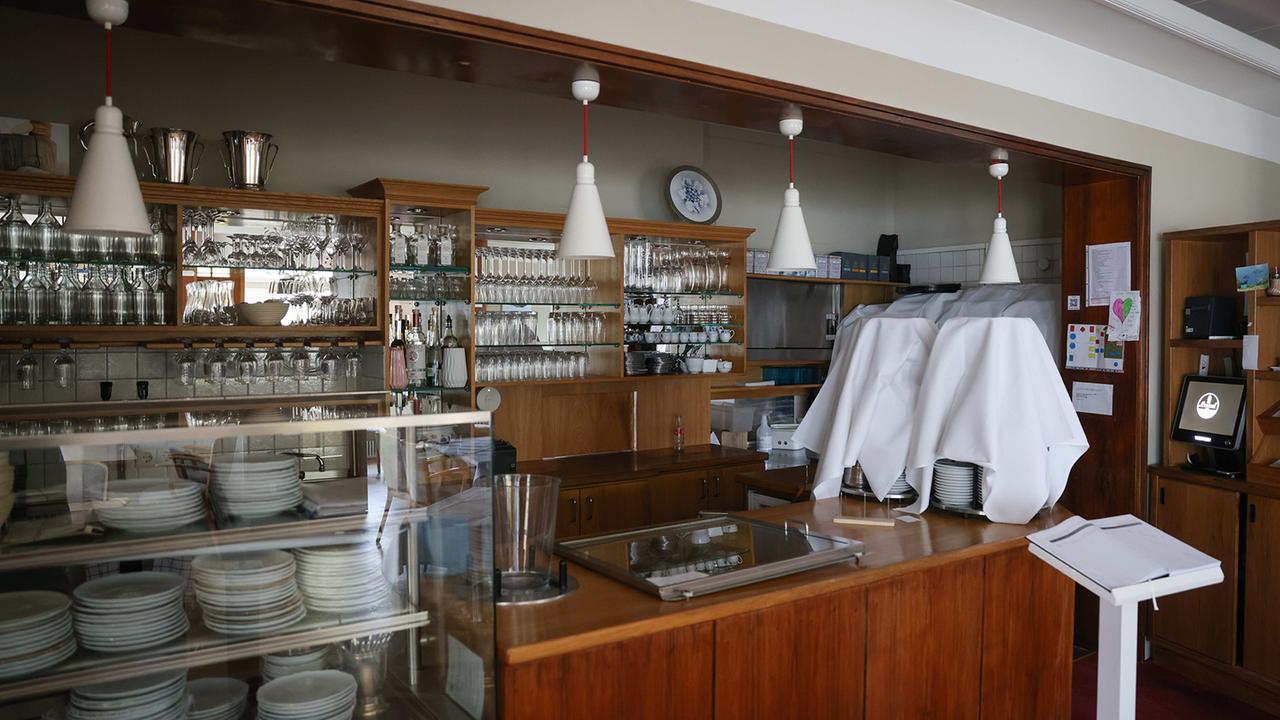background
Many family businesses are threatened with closure because no one wants to take over the business. But the lack of young talent can also be an opportunity to get started.
Claudia and Christoph Schommer have run a successful country brewery and restaurant in Körprich, Saarland, for fifteen years. For health reasons, they now want to slow down. They have a renowned kitchen, loyal regulars and a very nice restaurant.
They have been looking for successors for two years – in vain. Neither their daughters nor their long-standing friends and employees want to take on so much responsibility and accept the long working hours – especially on weekends. There is no other option than to close the beautiful location.
Many closures threatened
In fact, the problem of finding a successor is becoming increasingly serious nationwide. According to current figures from the German Chamber of Industry and Commerce (DIHK), 28 percent of companies seeking advice are now considering closing down. The main reason is a lack of a successor – far ahead of other problems such as high energy costs, bureaucracy or a shortage of skilled staff.
For Ilja Nothnagel, member of the DIHK executive board, this is a trend that has been going on for years and ultimately affects society as a whole. “Every well-run company that does not fall into new hands is missing from the market, missing as an offer for consumers and customers – and in some cases also missing from the city center. In some cases also missing on weekend trips.” Consumers are also feeling the effects of this.
Disadvantages for the Business location
Darius Nadery, who advises companies from a wide range of industries on behalf of the Saarland Chamber of Crafts, sees things very similarly from his practical experience and fears that real bottlenecks will soon arise. This is because companies in the electrical engineering and plumbing, heating and air conditioning sectors are supporting the energy transition. “Imagine that half of the companies are not handed over in the next few years, that no successor is found, and that, in the worst case, jobs are lost as a result,” says Nadery. This would of course have enormous disadvantages for Germany as a business location.
It was not supposed to come to that in an independent car repair shop in Spiesen-Elversberg in Saarland. It went to a younger employee from the company's own workforce. The old and new bosses took a full ten years to ensure a seamless transition. But the battle with the bank was long and tough. The significantly increased interest rates are a real blow for larger investment sums. The banks are also cautious as long as the economy appears shaky.
The search for a successor should begin in good time
Günther Sprunck has been advising companies in Germany and Austria for decades. He often sees home-grown reasons for difficult or failed transitions: investments are postponed, letting go is difficult, or people place false hopes in their offspring. Not every daughter and son is born to be an entrepreneur just because their parents were self-employed. Even perfectly healthy companies can stumble, says the consultant. Günther Sprunck therefore advises that the search for a qualified successor should begin no later than when the company boss turns 55.
Conversely, the chances for interested young professionals to join a perfectly functioning company instead of laboriously building up a new one have rarely been as good as they are today. State support – for example through the Kreditanstalt für Wiederaufbau (KfW) – has improved considerably in recent decades.
“There is a lack of appreciation”
Sarna Rösser, the former national chairwoman of the Young Entrepreneurs Association, also sees it this way. The 36-year-old will take over her father's pipe and concrete plant and has also invested in several start-ups. She is calling for more education in schools and more support for personal initiative.
“There is a lack of appreciation on many levels for entrepreneurs, for the hard-working, for those who roll up their sleeves and take on responsibility in these difficult times,” says Rösser. She would therefore like to see a change in the “mindset” in society: “That the entrepreneur is not always the bad guy, not the villain from the crime scene, but that entrepreneurs really do a lot for society and also for our country.”




